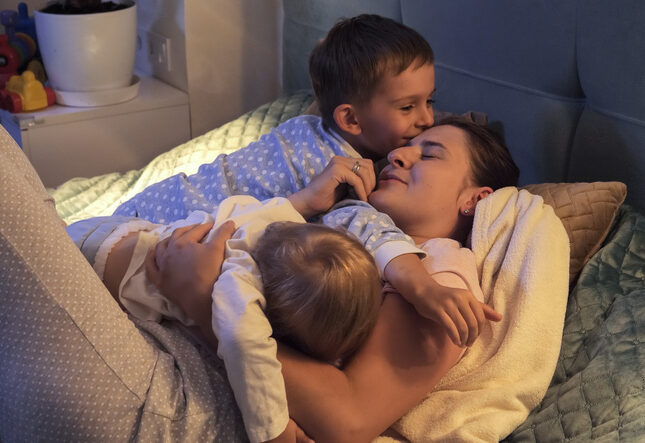The impact foster care can have on children and society and the benefits of a stable foster care placement
May 8, 2019
In Australia, there are an estimated 31,800 children that have been in foster care for two years or more. For 2017/2018, the number of children in foster care topped 168,000, and it’s continuing to rise. No matter how good the foster care system is, this can have an impact on both the children in care and society as a whole. We’re going to explore these impacts below.
How foster care can impact children
One study looked at 326 children ranging from 6 to 17 years old in foster care and polled them on their mental wellbeing as well as how many of the children received professional help. They found that 61% of the children scored above the cutoff line for behavioural problems. The same study found that 29.6% of the children received the help they needed.
Children can also start to lag behind their peers academically, and they’re more likely to be held back a grade level due to under-performing on standardised tests. This is due, in part, to the shortage of foster carers throughout Australia. The need for foster carers continues to rise while the number of approved foster carers declines.
How foster care can impact society
The foster care crisis can also have a ripple effect on society as a whole. For example, children who experience disruption due to multiple placements are less likely to continue their education, and they’re more likely to miss large chunks of school. This can result in a larger unskilled workforce as a whole.
Additionally, roughly 30% of children who age out of the foster care system each year do not have the necessary skills to successfully transition to living on their own. They also don’t have the self-sufficiency skills or support system in place to transition to adulthood. In turn, they experience a higher rate of homelessness, and they have an increased chance of running into legal trouble within the first few years of leaving the foster care system.
Benefits of foster care
Despite the societal impacts, and the problem with not having enough carers currently, foster care offers several benefits for the children who are currently in Australia’s foster care system. These benefits include but are not limited to:
- Stability – foster care gives the children a sense of stability that comes with being placed with a trained and experienced foster carer. The children will receive nurturing connections with caring adults that can help them overcome the challenges they face.
- Socialisation opportunities – socialisation is essential for normal development, and many people take it for granted. A stable foster home gives children a supportive environment where they can learn how to interact with other children and adults in a productive and appropriate way.
- Education – children in foster care are more likely to have educational opportunities that they normally wouldn’t have if they remained in their previous environment. Additionally, going to school and getting the basics of education can help foster kids feel “normal” again.
- Mental health improvement – especially when children are young and developing, having the stability of a foster home can help them develop mentally. This gives them a solid base to build their emotional health well into adulthood.
Australia is in desperate need of foster care families, and the need continues to grow year on year. There are more and more children entering the Out of Home Care system every day, and they deserve to have a loving and supportive environment to grow up in until they transition out into adulthood. Please call us on (02) 4320 7777, email fostercare@catholiccaredbb.org.au or visit www.catholiccaredbb.org.au/fostercare if you can help.
More news stories like this one
A brighter future for three sisters
Find out how Family Connect & Support can assist students like Kristen who juggle exams and caring for siblings amid challenges.
Read MoreThinking outside-the-box to house families in crisis
Housing a family in crisis presents many challenges. Read how two families in Sydney cope after escaping domestic violence.
Read MoreSupport without stigma – the non-clinical model of Dom’s Place
Discover how Dom's Place offers effective homelessness support without stigma, fostering a supportive and non-clinical atmosphere.
Read More


